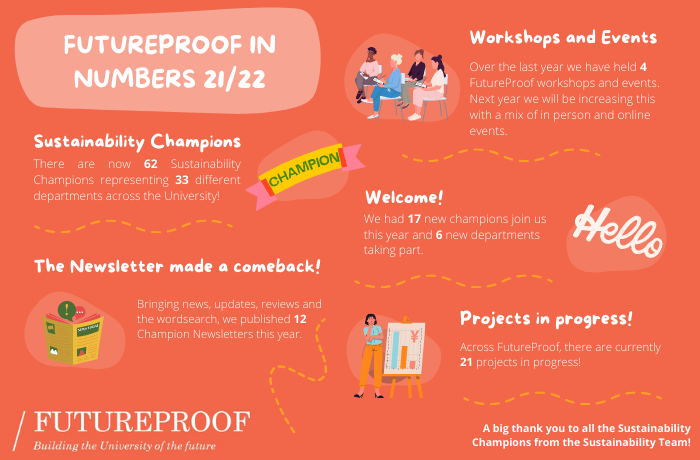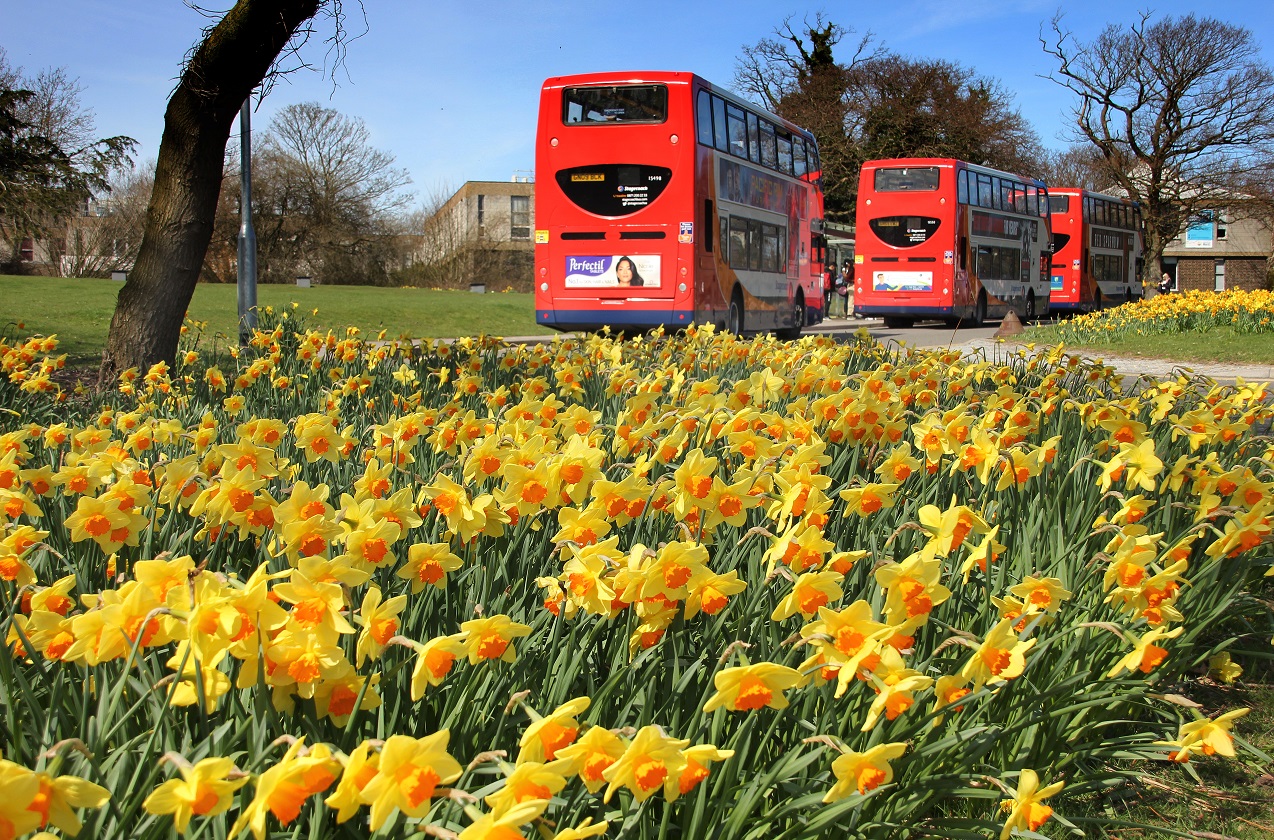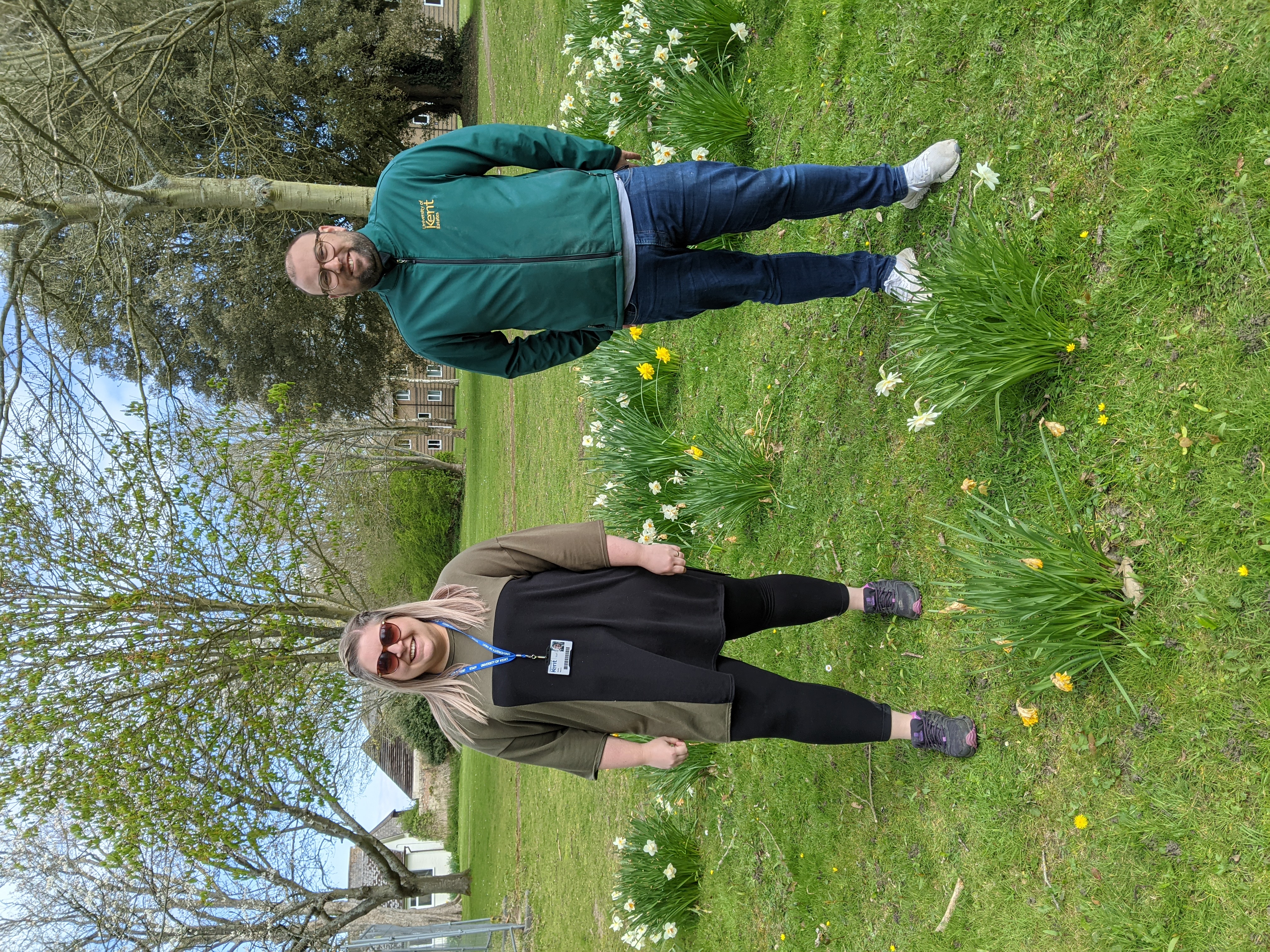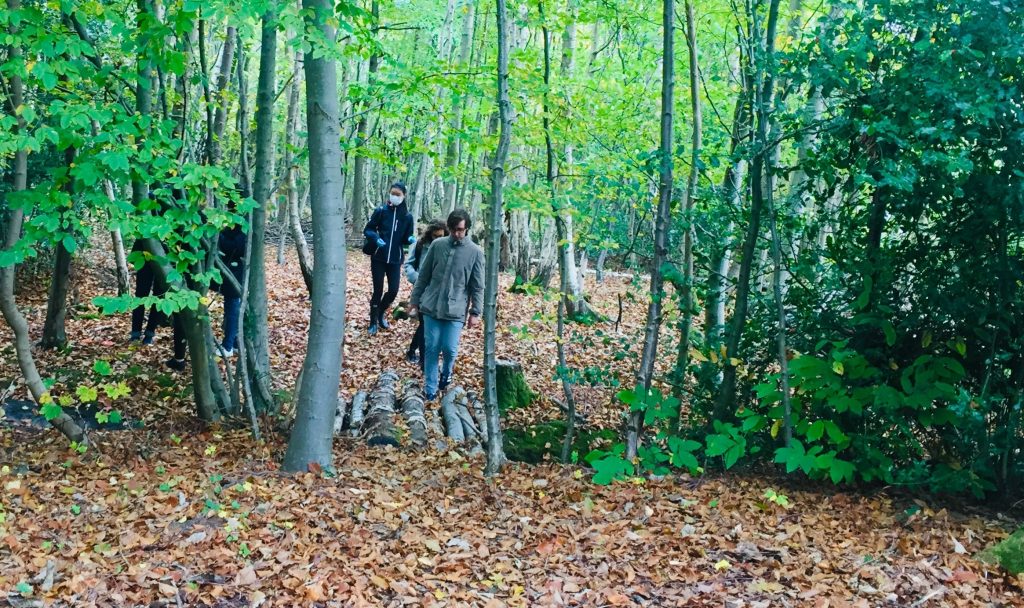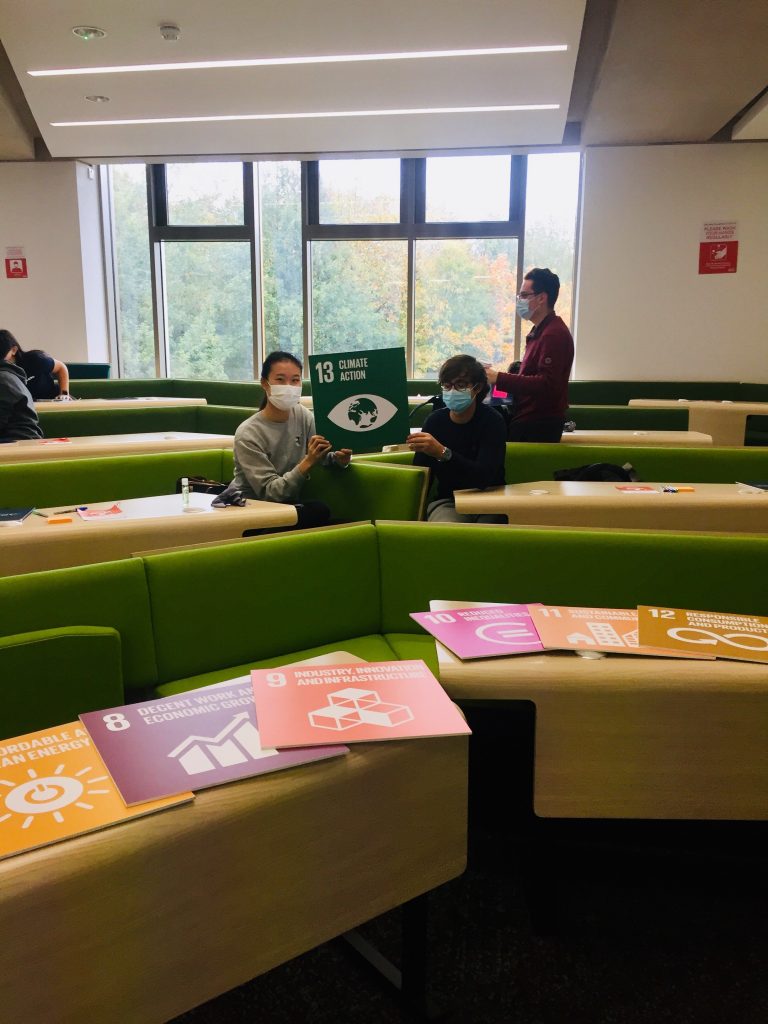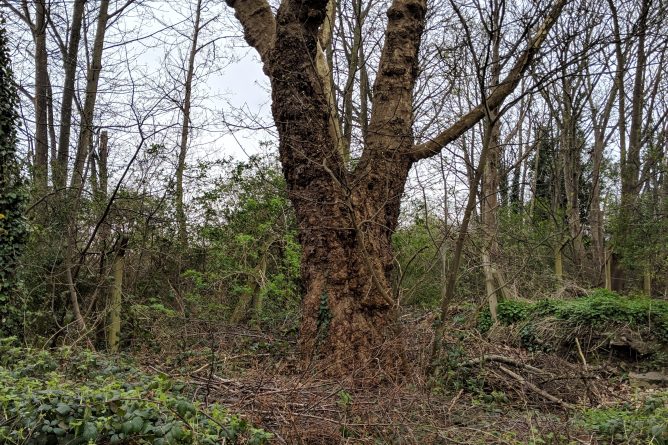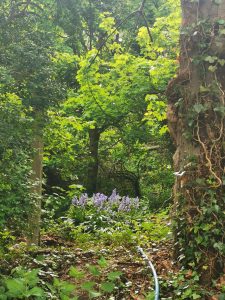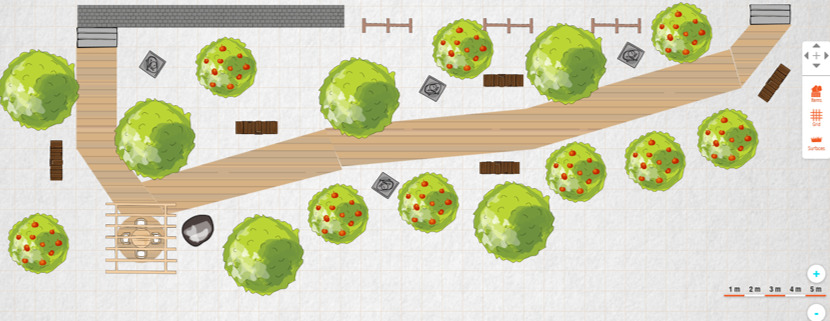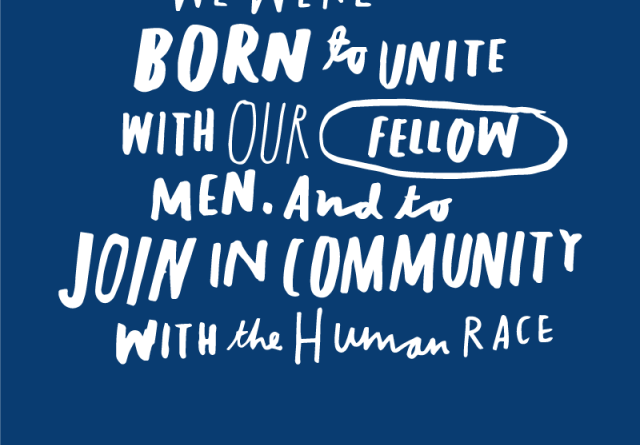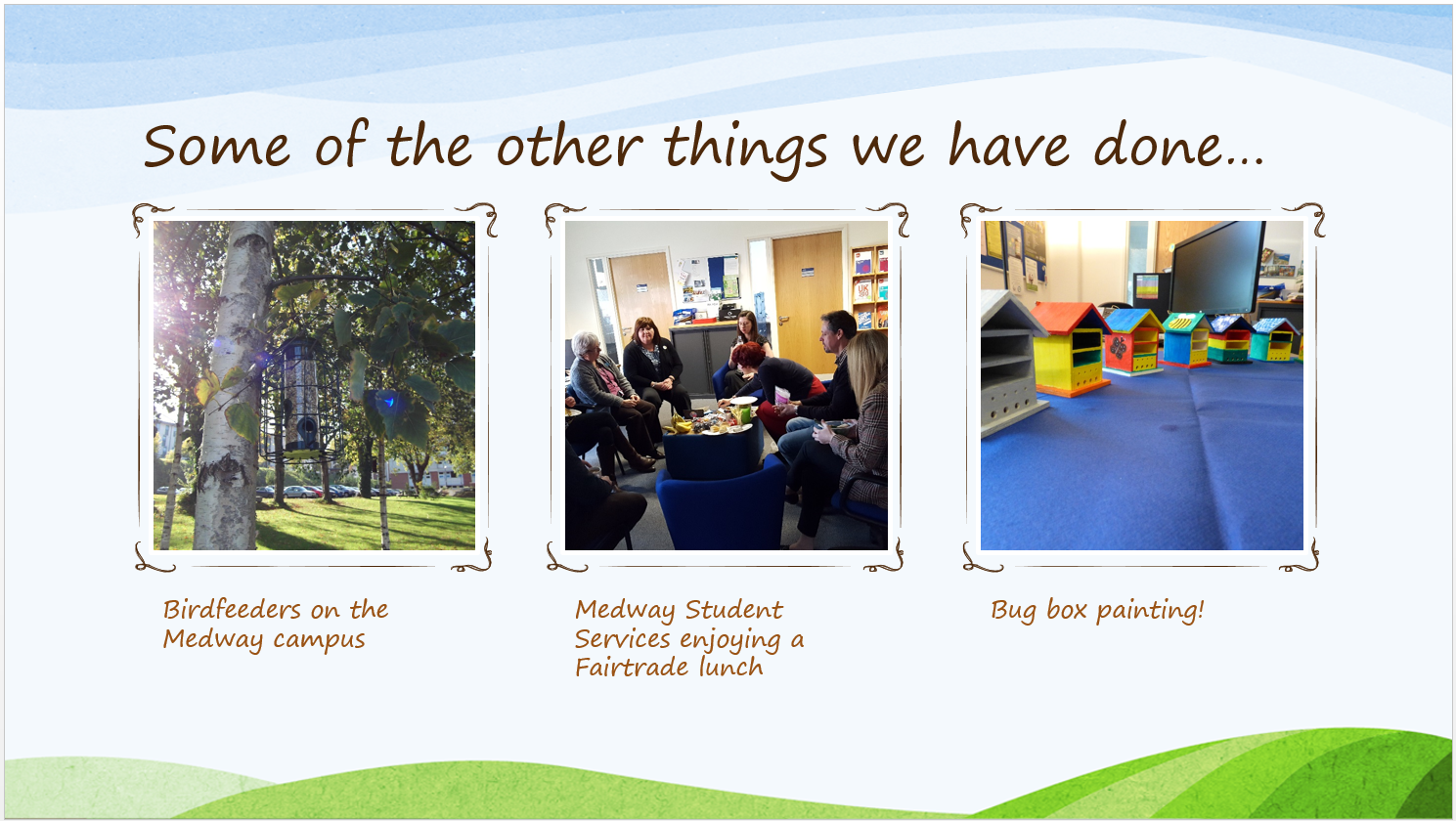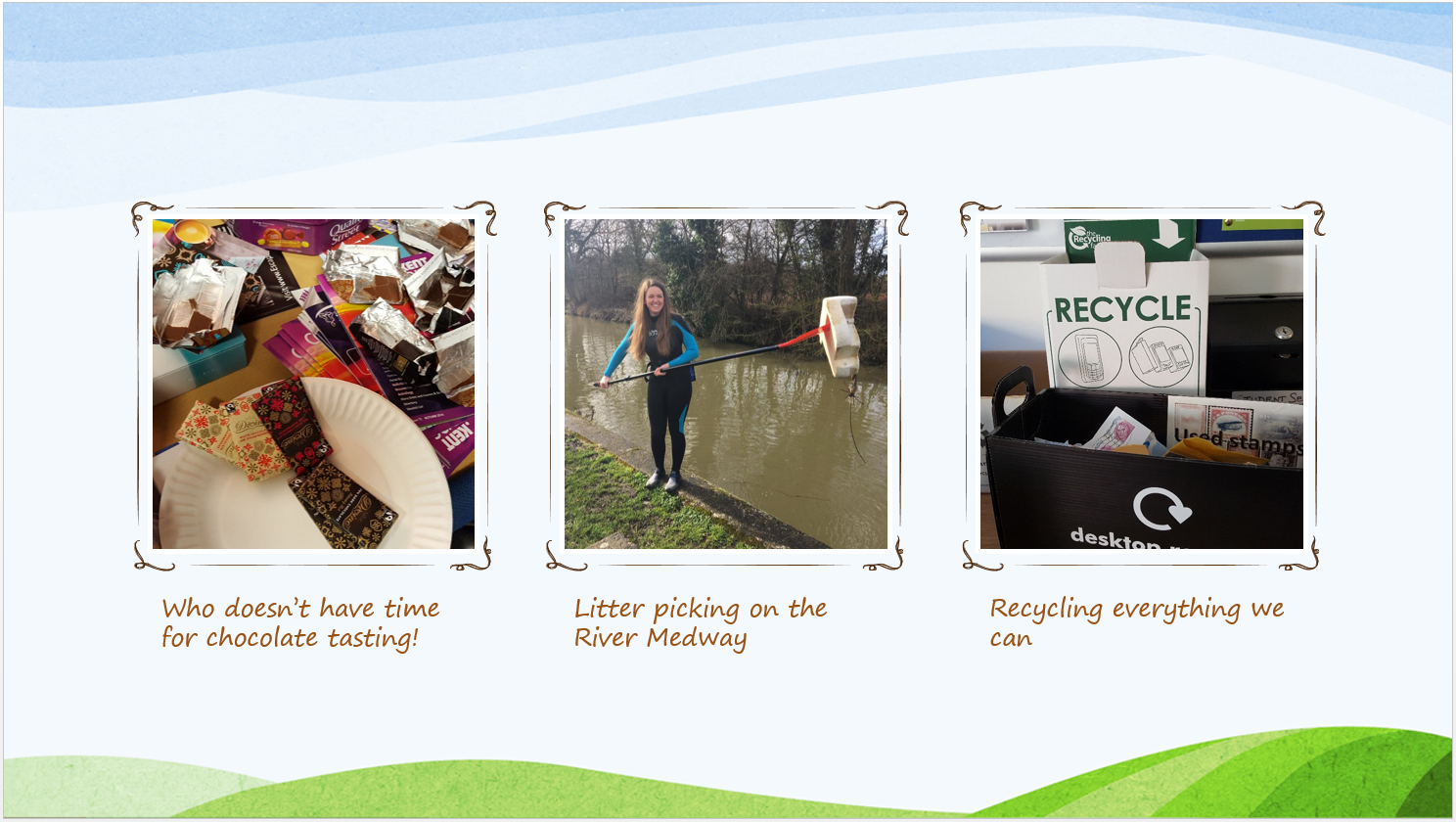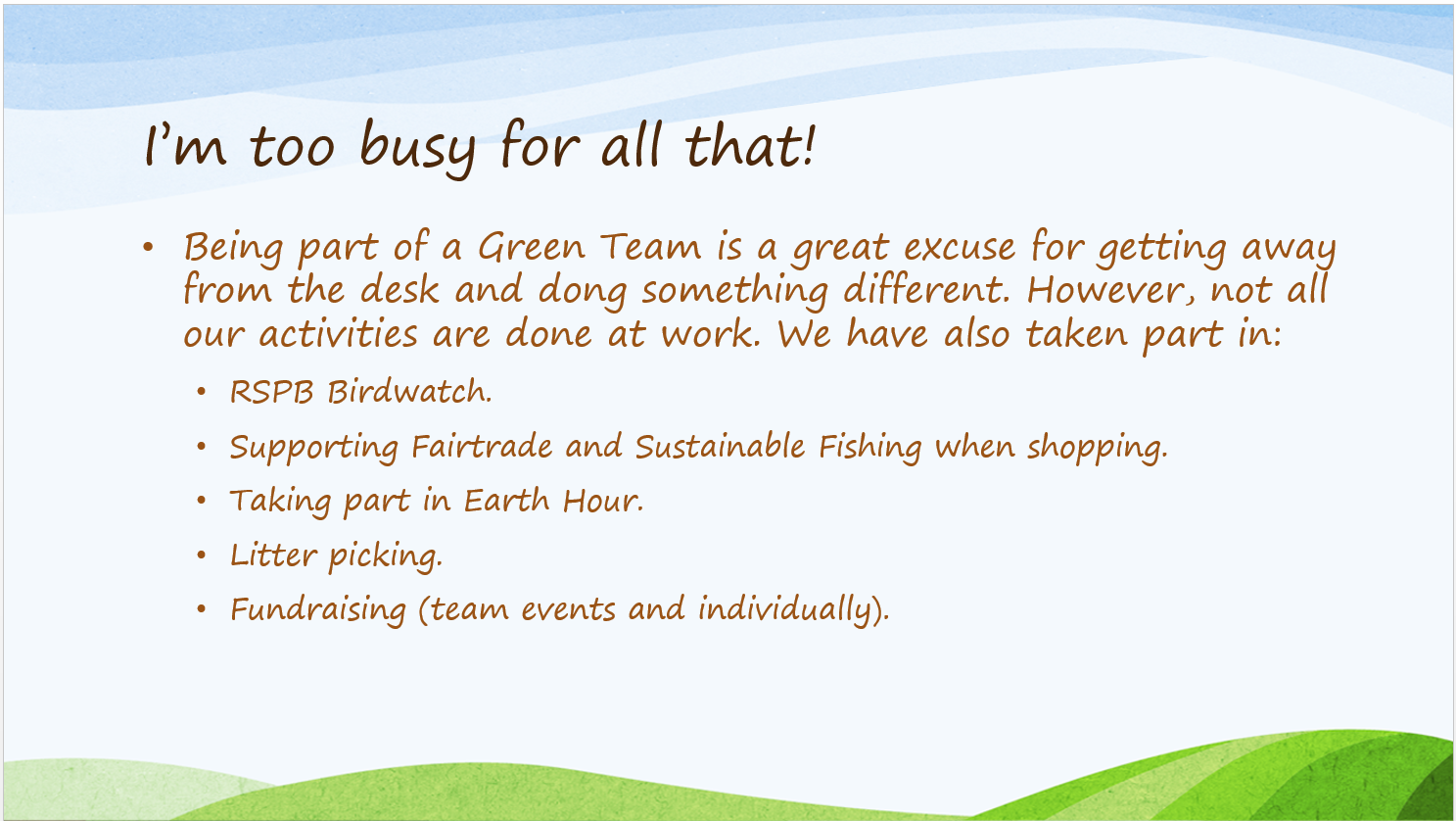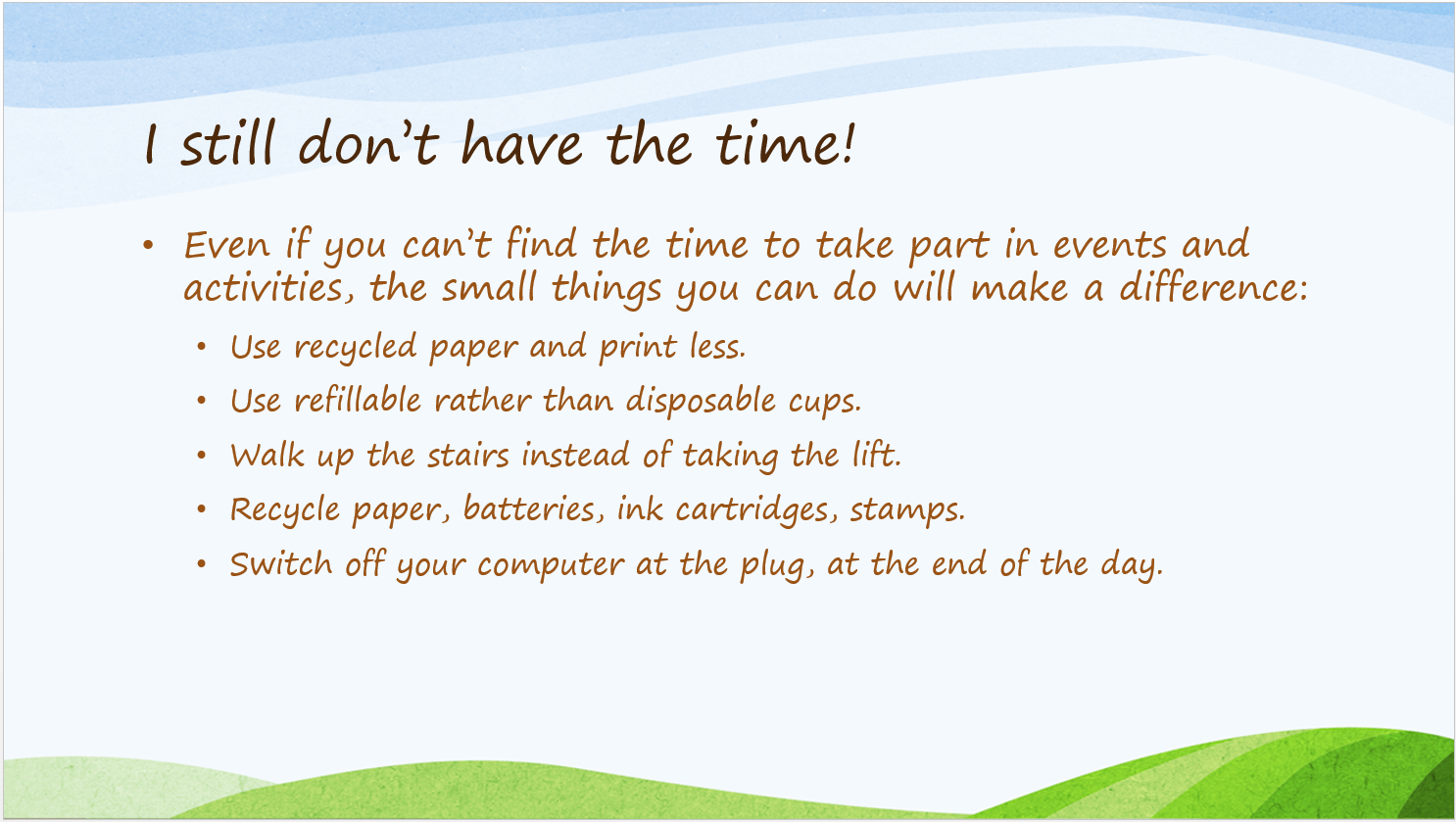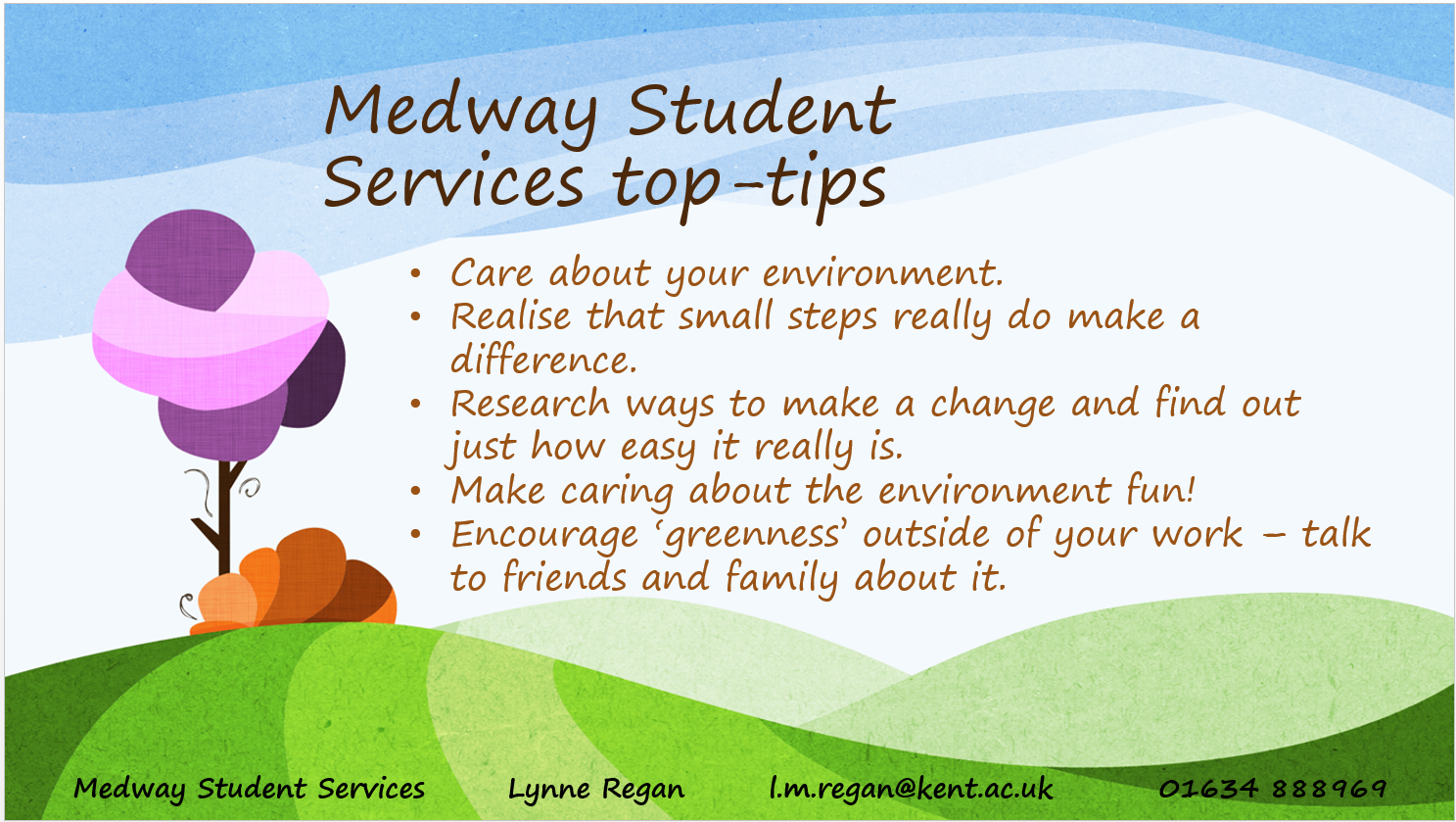To celebrate Cycle to Work Day, Kent Sustainability Champion, Emily Collins, shares the lessons she’s learned from 10 years of cycling to work.
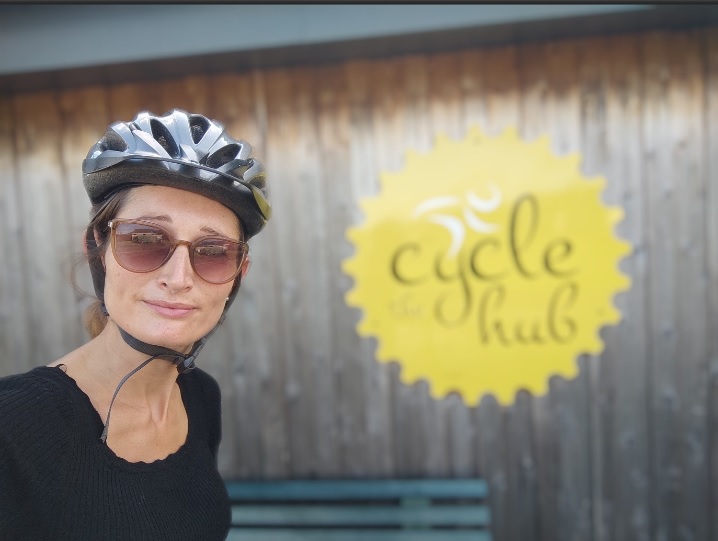
I am incredibly lucky to be able to cycle to work. My cycle commute is often the highlight of my day and it’s something I’d go to great lengths to avoid giving up. I’m also aware that there are a whole lot of physical and mental barriers to making it work. So as it’s Cycle to Work Day, I thought I’d share some of the lessons I’ve learned over the years to help you stay safe and get the most joy out of your next two-wheeled journey.
Get to know Kent’s cycle network!
We’re lucky that everywhere in Canterbury is within cycling distance and with so many cycle paths tucked away throughout the city, cycling is often the fastest way to get from A to B. Kent also boasts a fantastic network of Sustrans cycle routes which link most of the region’s larger towns on low traffic or traffic-free routes. Whether you’re cycling along the Crab and Winkle to Whistable, the Viking Coastal Trail or the Route 18 to the Designer Outlet in Ashford, Kent’s rail networks mean that you always have the option of taking your bike on the train back to home base.
Budget for bike maintenance
You wouldn’t think twice about spending money on making sure your car is safe for the road, so why should your bike be any different? Give your bike the love and tender care it needs and make sure you replace parts when they begin to give up. This doesn’t need to cost the Earth – The Cycle Hub located next to The Pavilion on the Canterbury campus offer very reasonable maintenance services.
Wear whatever is most comfortable (as long as it’s safe!)…
Up until a few weeks ago, I would have vouched for wearing anything on a bike. But then I had a long-skirt-induced tumble and realised that sometimes, practicality has to come first. So whether you choose to wear lycra, jeans, or even your birthday suit, make sure you prioritise safety overlooking glam. I recommend investing in a pair of waterproof trousers for winter months, a high vis vest (£5 from Halfords) and some anti-chafing cream for longer rides.
… but dress for the weather!
This needs no explaining. Keep an eye on the forecast and always be prepared to add or remove layers. Sunglasses will keep bugs out of your eyes as well as the sun, and don’t forget to pack gloves for colder days.
Think before you act
As a cyclist in the UK, you have a legal right to filter through busy traffic and Cyclescheme offer some solid advice on how to do so safely. That doesn’t mean you have to though. Consider the drivers’ perspective; not whether the driver *should* be using their mirrors, but whether the driver *will* be using their mirrors. Then ask, “how much time am I really going to save and how much danger will this put me in?” You always have the option to get off your bike and walk.
Always expect the unexpected
Having cycled to work in Buxton, York, London and now in Canterbury, I’ve been amazed at the differences in cycling experience across them all. One thing that has struck me though, is that it’s not just cars you need to pay close attention to, but pedestrians and other cyclists. In York I learned to cycle in the middle of the road to avoid having tourists step out right in front of me, and on my commute from Ealing to South Kensington, learned to give other cyclists a wide berth for fear that they would send me flying into the canal.
Follow the highway code, signal your intent and be courteous on the roads – but always expect everyone else to do the opposite!
Protect your bike (and yourself!)
You wouldn’t leave your phone, wallet or handbag unattended, so don’t think you can do the same with your bike. And from my experience, this goes not just for your bike frame, but the accessories that come with it. Consider getting bike lights which you can take with you when you leave your bike. Invest in a D-lock with a key (I’ve had combination locks jam up in the past), plus consider carrying around an additional lock for situations where adequate cycle parking isn’t guaranteed.
Take advantage of the Cycle to Work scheme
If you’re thinking about buying a new bike, take advantage of the Cycle to Work scheme which operates as a ‘salary sacrifice’ employee benefit, reducing the Income Tax and National Insurance you pay and saving you 25-39% on the cost of a new bike. And if you’re not sure if cycling is really for you, consider trialling it with The Cycle Hub’s affordable termly bike hire.
Learn to give your bike some TLC
The first time I participated in Cycle to Work Day, I actually lived 5 minutes down the road from the office but was so keen to get involved, I cycled to meet my colleagues in the nearest town – only for them to point out that I had a flat tyre when I arrived! That day I learned how to change an inner tube, a skill that unfortunately, I’ve had to put to use many times since.
As well as learning how to check the health of your tyres, brakes and chain, make sure your seat is at a height where you can touch the ground on tiptoes and your bike tyres are pumped to the recommended level (the PSI number can be found on your tyre). This will make such a difference to your efficiency and help you speed up Elliot hill!
Most importantly, have fun!



